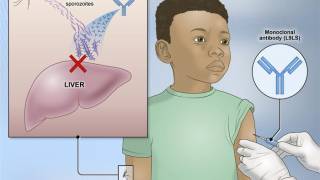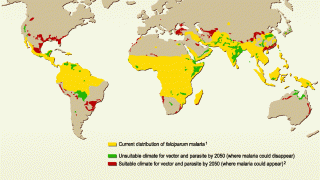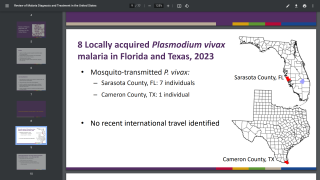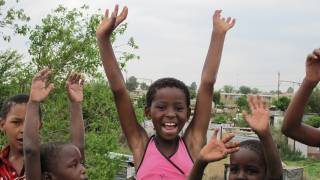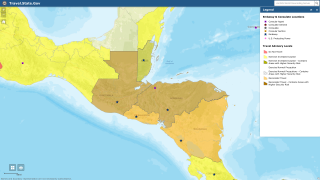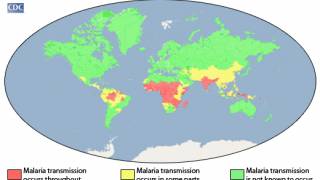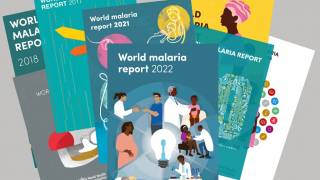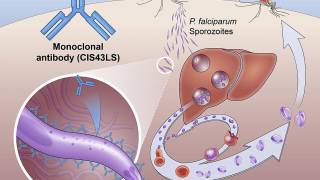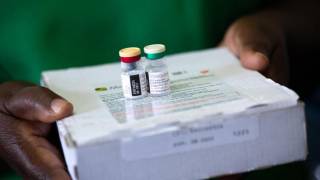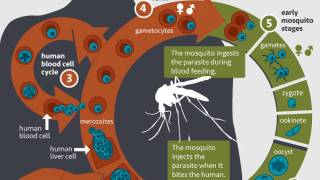Time to Deliver Zero Malaria by Investing, Innovation, and Implementation

Today marks the 16th World Malaria Day and an appropriate time for everyone to take stock of malaria's devastating impact in the African Region.
It's Time to deliver zero malaria: invest, innovate, and implement, wrote the WHO Regional Director for Africa, Dr. Matshidiso Moeti, on April 25, 2023.
Excerpts from his announcement are included below:
Concerted efforts yield positive results. For example, in 2021, because of the joint actions by malaria-affected countries and partners, malaria deaths decreased compared to 2020 despite the consequences of the COVID-19 pandemic.
Malaria has been a stubborn public health enemy in Africa. It is a disease caused by a parasite transmitted to people by an infected mosquito's bite.
In 2021 it killed 619,000 people, of whom approximately 96% lived in Africa.
And it is 6-20 times more likely to spread in mosquito-prone environments than the SARS-CoV-2 Omicron variant.
The disease was once endemic across most of the world, sweeping through the Americas in the 1600s and reaching as far north as the Arctic coast and east as Japan.
But we can now save millions of lives each year from sickness and death caused by malaria following novel progress toward the disease's elimination.
In terms of progress, a solid national-level commitment was demonstrated despite the pandemic and led to many successes: About 75% of the planned 171 million insecticide-treated bed nets were distributed.
The seasonal malaria preventive treatment was further expanded, reaching nearly 45 million children in 15 African countries, a significant increase from 33.4 million in 2020, while malaria testing and treatment services were maintained.
Over 1.6 billion malaria cases and 11 million deaths were averted in the WHO African Region from 2000-2021.
In addition, the first malaria vaccine recommended by WHO to prevent malaria in children (Mosquirix™, also known as RTS,S) is saving lives.
In Ghana, Kenya, and Malawi, where nearly 1.5 million children have received the vaccine through a WHO-coordinated pilot program, there is a substantial decrease in hospitalizations for severe malaria and a drop in child deaths.
At least 28 countries in Africa have expressed interest in introducing the vaccine, with some additional countries to start in early 2024.
The unprecedented demand for the first malaria vaccine is considered an opportunity to bring children back to clinics to catch up on missed vaccines and child health interventions – including reinforcing the need for children to sleep under ITNs every night.
It is critically important to deliver this vaccine to children at risk: WHO, Gavi, UNICEF, and other partners are working to increase supply as rapidly as possible to protect more vulnerable children and save more lives.
The unedited, full version is posted at this WHO Africa link.
And malaria vaccine news are posted at Vax-Before-Travel.
Our Trust Standards: Medical Advisory Committee

